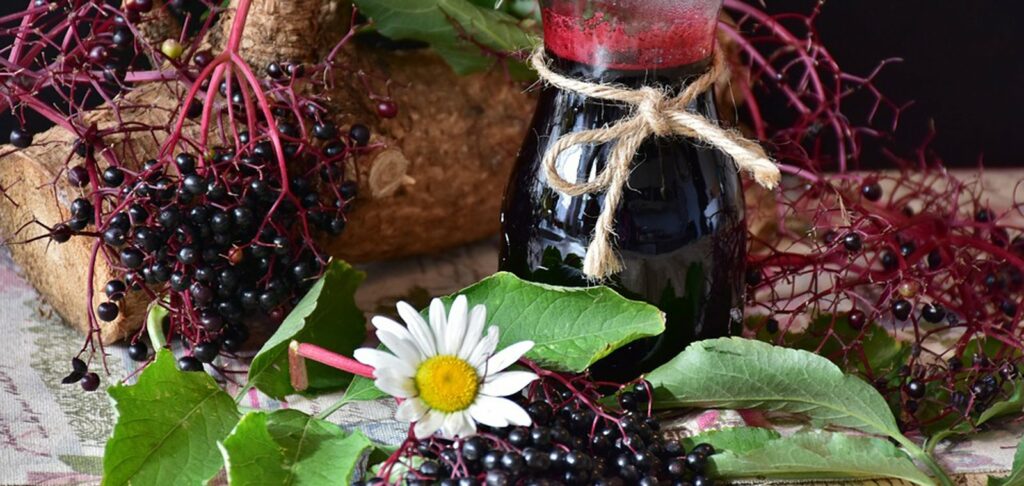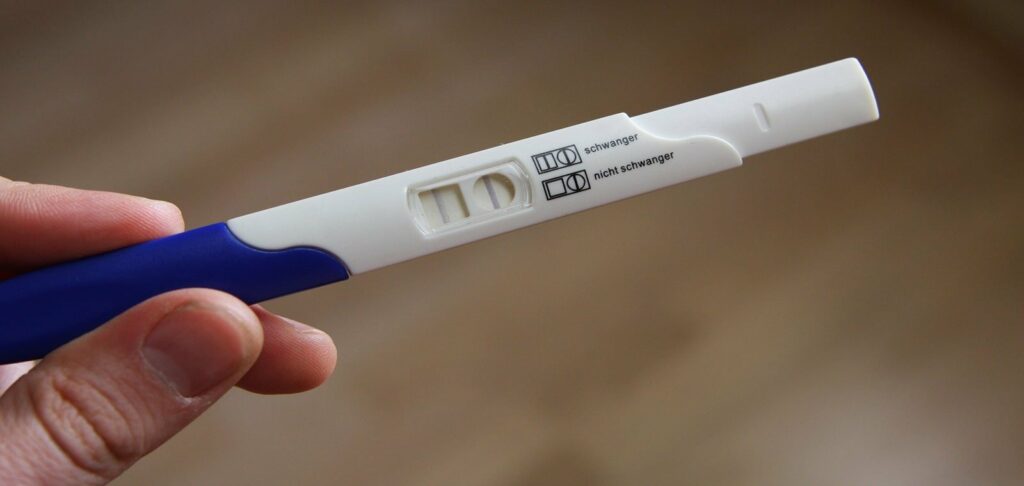
Elderberry is one of the most commonly used medicinal plants in the world, but it should be used with great care.
Elderberry benefits
– Elderberry syrup, extract or tea has antiviral activity . For example, if you have the flu, taking elderberry remedies within the first 24 or 48 hours can help reduce fever, nasal congestion, muscle aches and headaches, and speed recovery. Thus, a study conducted during the 1999-2000 flu season in Norway with 60 participants showed that patients with flu symptoms who took 15 ml of elderberry syrup four times a day recovered four days earlier than people who received a placebo. Another 2001 study proves that elderberry extract is active against at least 10 strains of the flu virus.
– Antioxidant properties. Elderberry reduces cholesterol, uric acid and blood sugar levels, so it is beneficial to the cardiovascular system. Consuming juice or tea from the plant prevents constipation and probably helps prevent colorectal cancer. The flowers and berries are rich in vitamins A and C, folic acid, potassium, calcium, iron, fiber and so on. In addition, black elderberry is rich in anthocyanins, which give its fruits a characteristic color. Their ability to fight free radicals is 3.5 times stronger than that of vitamin E.
– Protection against gingivitis. When used externally, decoctions and infusions of elderberry fruits and flowers help to fight acne, relieve skin irritation, slow down the appearance of age spots and wrinkles. Their use for mouthwash prevents the development of gingivitis.
Elderberry harm
– Drug Interactions: People taking laxatives and diuretics should use elderberry with great caution, as it can significantly increase the effect of these drugs, leading to dehydration of the body. Against the background of insulin treatment or taking other sugar-lowering drugs, the ability of elderberry to reduce blood glucose levels increases the risk of hypoglycemia.
– Tannins. Elderberry is an astringent plant. This means that it contains tannins, which can cause tissue contraction. Therefore, drinking large amounts of elderberry juice or tea can lead to nausea, abdominal pain, and vomiting. When the berries are ripe or heat-treated, their astringent qualities diminish.
– Bark, unripe berries, leaves and seeds of elderberries contain cyanogenic glycosides that can release hydrocyanic acid or cyanide. Up to 3 mg of cyanide is present in 100 g of fresh berries, and up to 17 mg in 100 g of fresh leaves. Although this is only 3% of the lethal dose for a person weighing 60 kg, eating these parts of the plant can be dangerous. A case of elderberry poisoning was recorded in 1983 in California. Eight participants of a religious meeting were hospitalized with acute symptoms resembling cyanide poisoning. However, they all recovered quickly, and an investigation revealed that the cause of their illness was a soft drink made of fresh elderberries with sugar and apple juice.
The golden mean
To protect yourself from the side effects of elderberry, it is best to take ready-made pharmacy products containing a purified and standardized extract of this plant. For self-preparation, it is best to use only the flowers and berries of black elderberry (other species tend to be more toxic). Inflorescences of this plant are collected in May – June and dried in a dry, well-ventilated place after which, to separate the flowers from the pedicels, rub the inflorescences through a large sieve. Fully ripe elderberries are collected in September. They are also carefully separated from twigs and leaves, washed, dried or boiled with sugar until the consistency of thick syrup. Heat treatment removes harmful substances from elderberries, but retains its medicinal properties.



